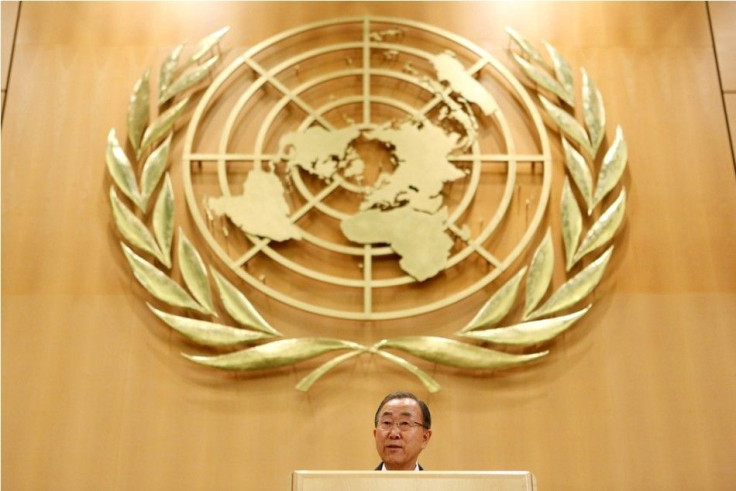New Zealand At The UN Security Council Makes A Formal Start: Country's Representative McLay Promises To Speak For The Whole Region

New Zealand formally took charge of its high seat at the United Nations Security Council on Jan 7, with the elevation to the august seat, arousing a multitude of expectations. Now, New Zealand is a small country with a bigger voice on the world stage.
According to Foreign Minister Murray McCully, New Zealand is committed to provide an "independent voice" at the world's top table. The former deputy prime minister, Jim McLay, is representing New Zealand at the United Nations. In an interview with New Zealand Herald , McLay articulated the outlook of New Zealand at the UN Security Council and its approach to different global issues. "We're obviously very proud to be representing not only our country, but also our region, which has been historically under-represented," McLay stated.
First Day
New Zealand started its first day at the Security Council with an open session on the UN's attempts to stabilise the North African country of Mali. The issue of Syria's commitment to eradicate chemical weapons also came up for discussion. McLay said, "One of the major priorities will be the destruction of chemical weapon manufacturing facilities. We will be looking closely at that and ensure that there has been full and honest disclosure."
In the coming months, more contentious issues will be coming up and New Zealand's stand will be watched. One of them will be Jordan's plan to reintroduce a motion to establish an independent Palestinian state to end Israeli occupation. A similar resolution in 2014 had fallen through, with only eight votes in support and five abstentions, and two "no" votes by the United States and Australia. On Palestine, Foreign Minister Murray McCully said New Zealand would have voted "yes" or abstained, reported NZ Herald. It requires 9 "yes" votes out of 15 and no veto by the five permanent members - China, France, Russia, Britain and the U.S. to arrive at a final decision.
Two-Year Term
New Zealand won the two-year term as a non-permanent member of the council in October 2014, after running a 10-year campaign. Terence O'Brien, who was New Zealand's permanent representative on the council 21 years ago, noted that the way the Security Council works will be a completely different experience from anything previously encountered, reported TV. Nz.
(The writer can be contacted with feedback at kalyanaussie@gmail.com)






